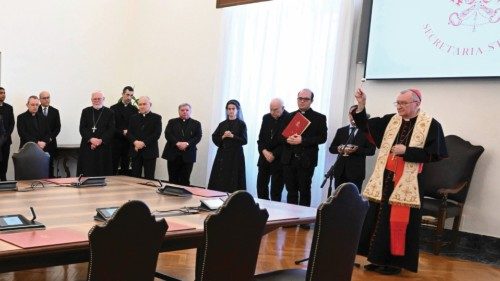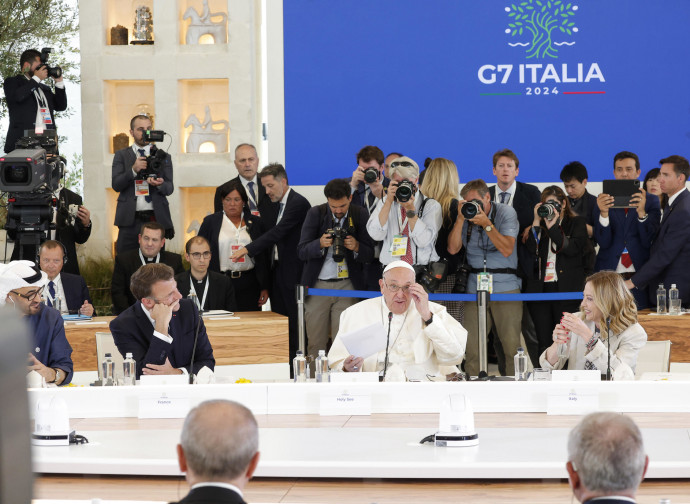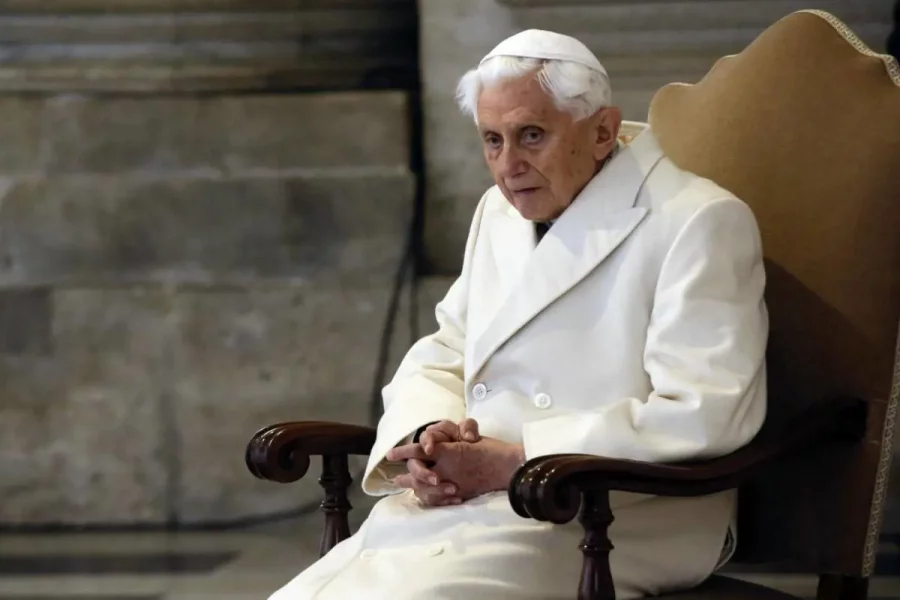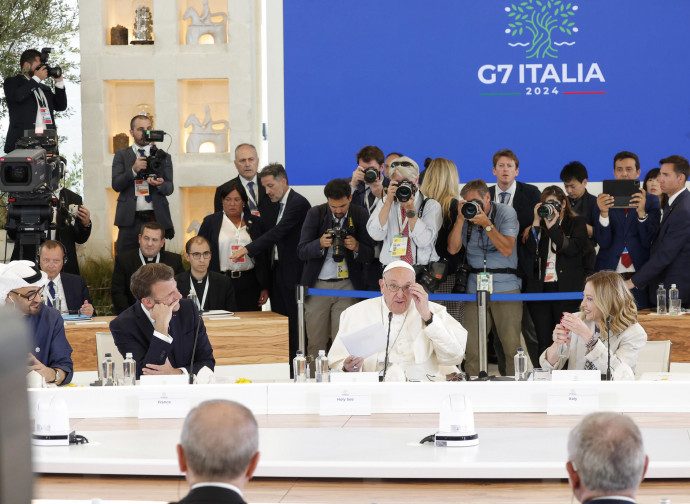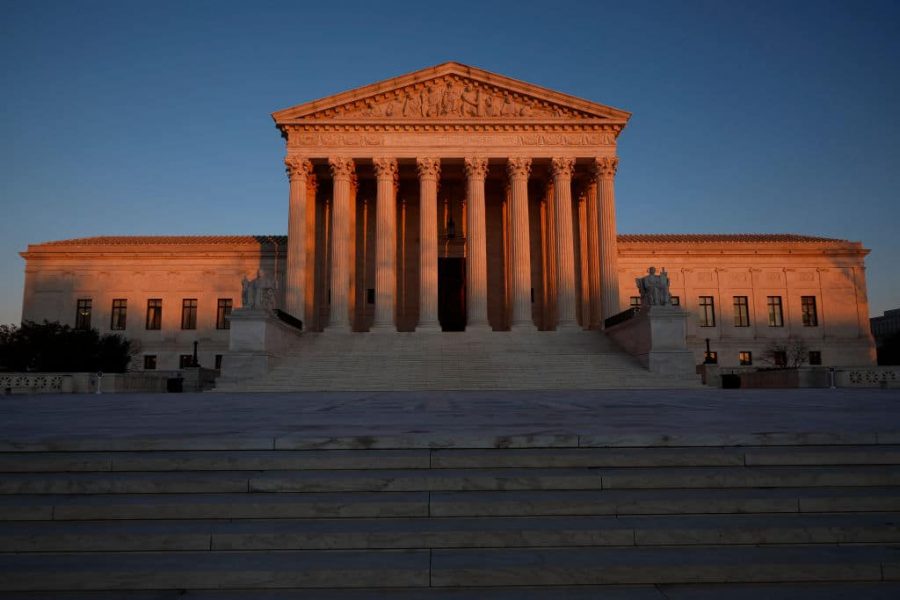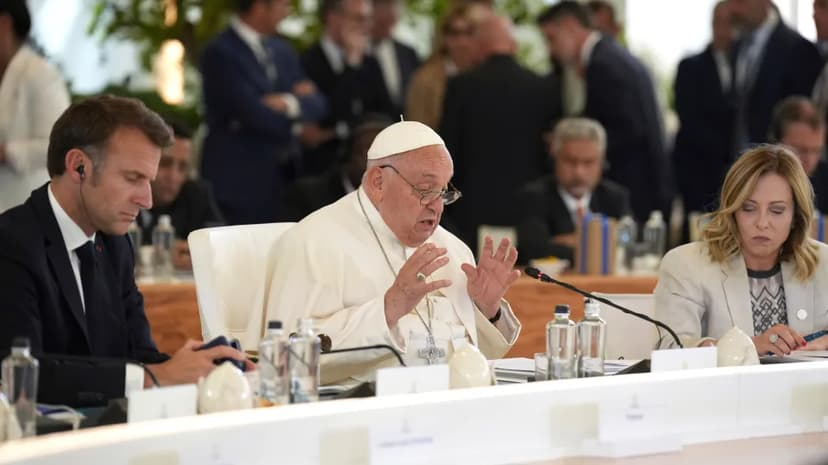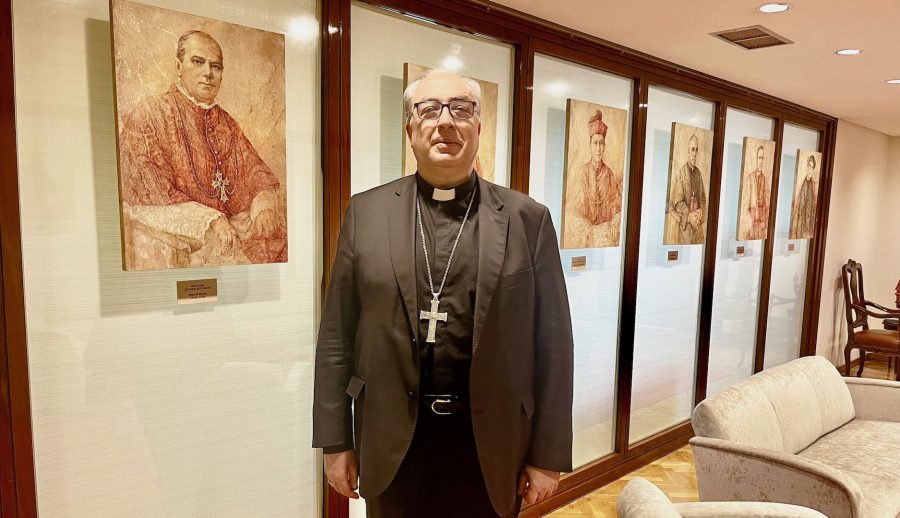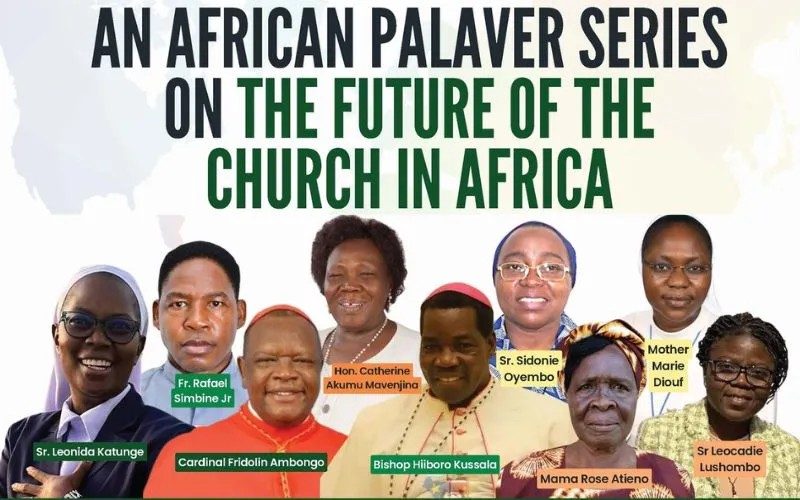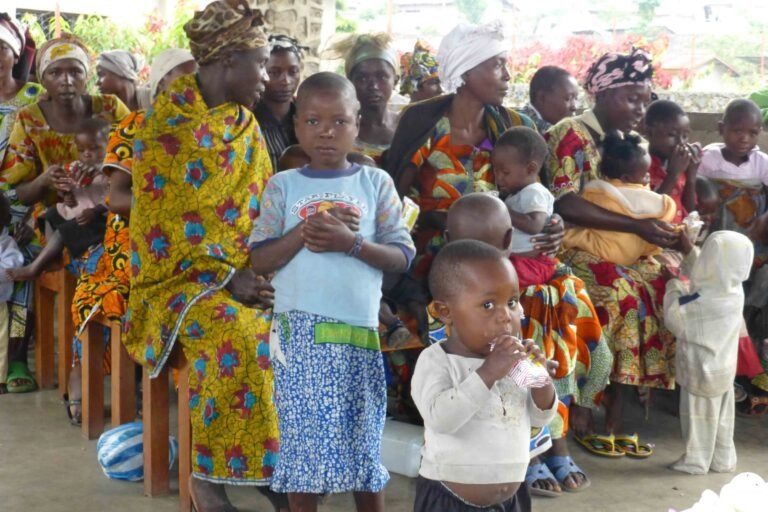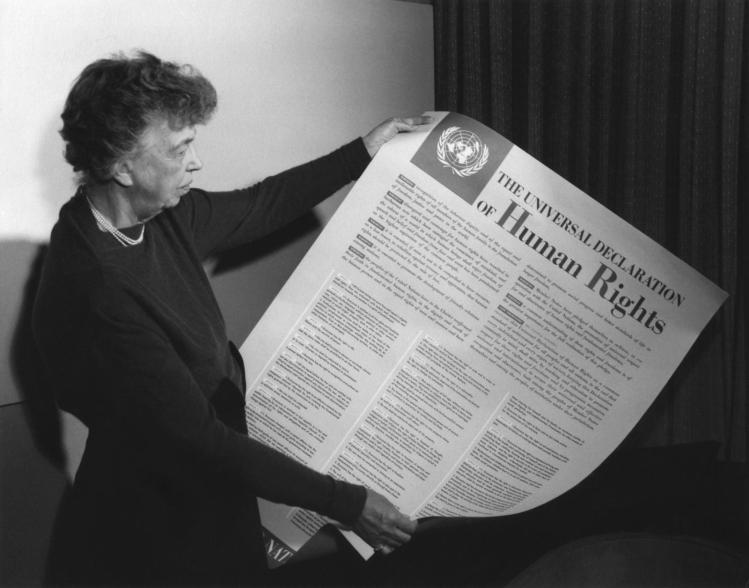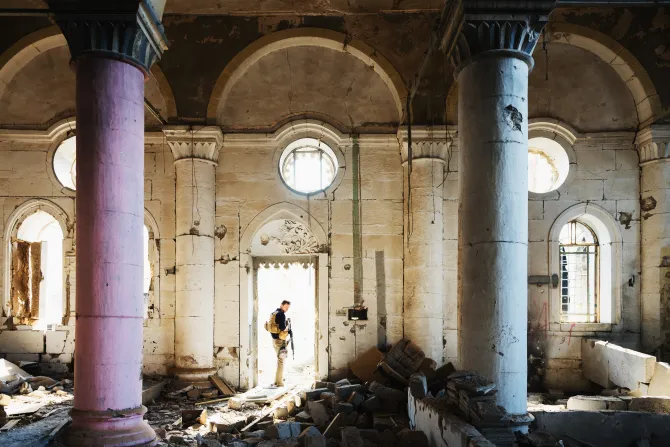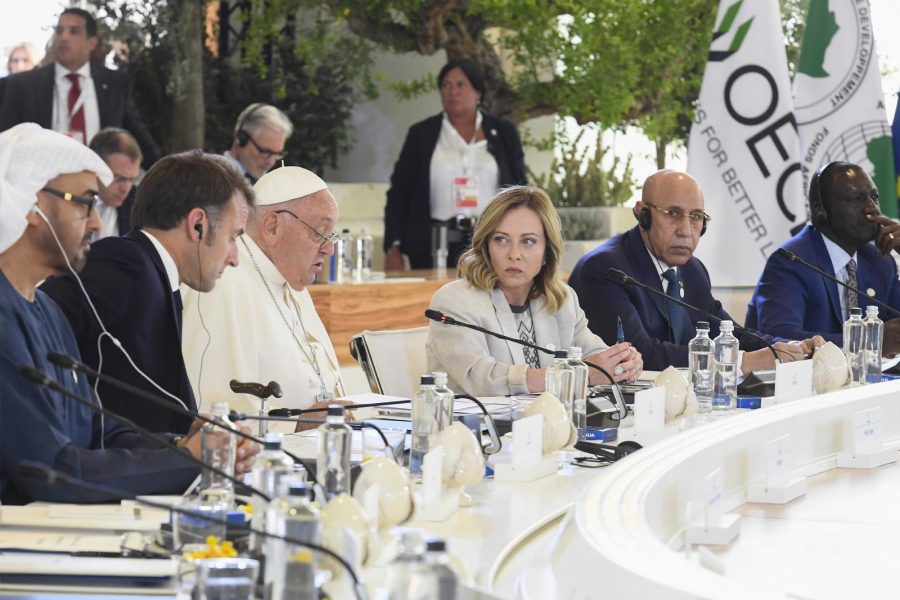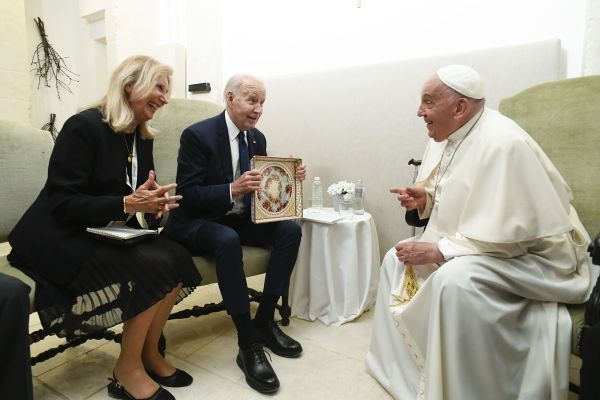(L´Osservatore Romano).
Un luogo che evoca «il valore della cultura e della tradizione» e che «custodisce la memoria storica» di coloro che «hanno servito con abnegazione la Sede Apostolica»: così il cardinale segretario di Stato, Pietro Parolin, intervenendo ieri, 14 giugno, all’inaugurazione del nuovo salone della Biblioteca della Segreteria di Stato. Insieme al porporato, erano presenti il cardinale Fernando Vérgez Alzaga, presidente del Governatorato dello Stato della Città del Vaticano, con suor Raffaella Petrini, segretario generale, e Giuseppe Puglisi-Alibrandi, vice segretario generale, e i superiori della stessa Segreteria di Stato, guidati dagli arcivescovi Edgar Peña Parra, sostituto, Paul Richard Gallagher, segretario per i Rapporti con gli Stati e le Organizzazioni internazionali, e Luciano Russo, segretario per le Rappresentanze pontificie. Il salone è stato restaurato e rinnovato con sistemi di interazione moderni grazie alla generosità della “Ernesto Bertarelli Foundation”: istituita nel 1998, essa opera nei settori della conservazione e della scienza marina. «Siamo nell’epoca del digitale e dell’interconnessione e, pertanto, occorre “essere in rete”, anche utilizzando i nuovi strumenti tecnologici che ci aiutano a operare, a favore della Chiesa nel mondo», ha affermato il cardinale Parolin, ricordando poi l’importanza, per la Chiesa, di testimoniare la bellezza e la cultura, «dialogando con la particolare sete d’infinito che definisce l’essere umano». Citando parole di Papa Francesco, il porporato ha quindi aggiunto: «Non dobbiamo tralasciare di pensare e di parlare di bellezza, perché il cuore umano non ha bisogno solo di pane… ha bisogno anche di cultura, di quello che tocca l’anima, che ravvicina l’essere umano alla sua dignità profonda». (Discorso in occasione della mostra “Tutti. Umanità in cammino”, 5 novembre 2021).

